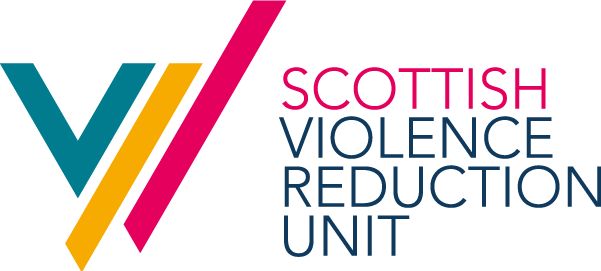Staff at Glasgow Clyde College are undertaking workshops on how to understand the impact trauma can have on the lives of students.
The trauma-informed and relationship-based practice sessions aim to enable staff to notice the signs and symptoms of trauma while upskilling them with the tools to deal with stress.
It is being delivered by members of the SVRU who have led similar sessions within schools and also to third sector organisations supporting young people across Scotland.
The SVRU – motivated by the belief that violence is preventable, not inevitable – adopts a public health approach by analysing the root causes of violence to deliver reductions in violence and improve the health and quality of life of everyone in Scotland.
The aim is to address the underlying risk factors that increase the chance someone will become either a victim or perpetrator of violence. The trauma informed training forms part of that public health approach by raising awareness of the impact of trauma and adversity. It aims to support individuals, organisations, workplaces and communities to be more trauma informed and responsive.
Claire Glen, Assistant Principal: Health & Wellbeing at the College, said: “We are delighted to be working with SVRU and to have this opportunity for Glasgow Clyde College staff and to continue to develop our understanding of nurture, trauma and relationships.
“We support our students to achieve a wide range of qualifications in a safe environment where choice to meet individual needs is a priority and this is a fantastic opportunity for us to develop our staff across the organisation.
“Most people have experienced trauma and the more we can understand about its impact, the better equipped we are to establish positive relationships and outcomes with each other.”
The online training is delivered by Kirsty Giles, SVRU Project Manager, and Scott McEwen, SVRU Training and Development Officer.
Kirsty said: “We are fully supportive of Glasgow Clyde College’s journey to becoming a trauma-informed campus and their inspiring vision and mission.
“We know how pivotal a multi-agency response is and this training will help the college staff to become trauma-informed in their awareness and their practice. In particular, this will help when supporting students who may have experienced trauma or adverse childhood experiences (ACEs) in their life and the impact this could be having on their emotions, behaviour and capacity to attend and engage at college.
“The sessions will also improve the staff’s knowledge around self-care, stress management and conflict resolution which should positively affect their capacity to work in a trauma-informed way and look after themselves and avoid compassion fatigue and burn-out.”
Scott added: “Having provided learning over a number of years in varied educational settings, I can confirm that the understanding gained from the sessions will enhance any educator’s skillset to deliver more effectively through positive relationships.”
